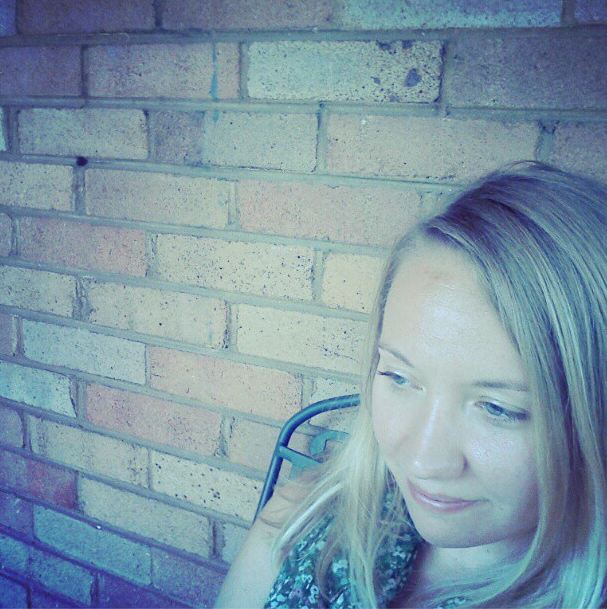This is a guest post by Beth Buczynski, author of the newly released book: Sharing is Good: How to Save Money, Time and Resources through Collaborative Consumption. The book is designed to expose readers to specific services that make sharing fun and safe. It examines the history, barriers and benefits of sharing, and provides hundreds of resources that can jump-start a sharing lifestyle.
Not so long ago, I realized something: the key to living a low-impact life isn’t buying all organic clothing or putting solar panels on your house. It’s also not giving up your car or ridding your home of plastic.
While these behaviors certainly go a long way toward a greener lifestyle, they’re not accessible to everyone. Some people can’t make the necessary sacrifices, and some people just won’t. And if everyone can’t get on board, what’s the point? All the LED light bulbs and reuseable shopping bags in the world aren’t going to “save the planet.” You can buy all the bamboo, fair-trade, recyclable stuff you want, but it won’t slow climate change. It just won’t.
What we need is a totally new system. A new economy that’s not based entirely in consumerism–even green consumerism. We need a shift in attitudes and action that brings people together while reducing waste. I know-it sounds too good to be true, but that system is already here. It’s called the sharing economy, and it’s disrupting just about every industry we’ve got.
This new way of living replaces individual consumption with collaborative consumption–a fancy term for services and products that are meant to be shared, rather than bought or owned in the traditional sense. Although sharing isn’t a new concept, it’s being reinvented and elevated through new technologies. And it’s working.
 Instead of buying yet another thing that will be used once and set up on the shelf, people are sharing. Using platforms like SnapGoods and Rent The Runway, they’re lending and borrowing everything from power tools to designer clothing. Through services like yerdle and cooking co-ops, they’re swapping toys and meals. They’re using platforms like Airbnb, RelayRides, and Deskcamping to make homes, cars and offices available to those who need them.
Instead of buying yet another thing that will be used once and set up on the shelf, people are sharing. Using platforms like SnapGoods and Rent The Runway, they’re lending and borrowing everything from power tools to designer clothing. Through services like yerdle and cooking co-ops, they’re swapping toys and meals. They’re using platforms like Airbnb, RelayRides, and Deskcamping to make homes, cars and offices available to those who need them.
In addition to providing access to things that might otherwise be out of reach, the sharing economy is helping to rebuild community connections and relationships with those we used to view as strangers. Neighbors are learning each others names and lifting each other up in difficult times. New friendships are forged over shared meals, cars, and spare bedrooms. Those who do the sharing are, in some cases, creating significant streams of alternative income, while those who take advantage of shared items and space are saving tons of money.
And the happy by-product of all this sharing? We’re consuming less. We’re wasting less time, space, and money. We’re emitting fewer greenhouse gases. We’re sacrificing less. Items are passed from user to user instead of being trashed. Companies are taking notice too, designing innovative products that are meant to be shared, repaired, and shared again instead of becoming almost instantly obsolete. Cities are forging new policies that encourage the sharing of assets large and small, instead of making those behaviors illegal or too costly for the average Joe.
Most importantly, sharing is something anyone can do–regardless of where they live or how much money they make. We can’t all share everything, but everyone can share something, whether it’s tangible goods, time, skills, or space.
If you’d like to learn more about why I believe humans are hard-wired to share, as well as gain access to hundreds of tips and resources that will make sharing easy and safe, please check out my new book, Sharing is Good: How to Save Money, Time and Resources through Collaborative Consumption. It’s a practical guide to the sharing economy, designed to help you figure how to make this new trend work for your family. It’s available in print and electronic versions, via Amazon and the iTunes store. I also encourage you to request it through your local independent bookstore or library, so that your entire community can learn more!
About the author: Beth Buczynski is an independent writer and editor covering clean technology, sustainable design, and environmental issues for some of the most popular green sites on the web. Got questions? Connect with her on the Sharing is Good Facebook Page or on Twitter as @TheSharingBook.

